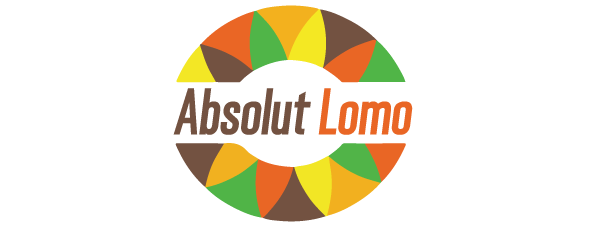The transformative power of words within the realm of general counseling is profound, acting as catalysts for personal growth, healing, and self-discovery. In the therapeutic relationship, words serve as both tools and mirrors, reflecting the intricacies of individuals’ thoughts, emotions, and experiences. Counselors harness the potency of language to create a safe and empathetic space, where clients can articulate their deepest fears, desires, and vulnerabilities. Through the art of active listening and skillful communication, counselors navigate the labyrinth of human consciousness, helping clients unravel the threads of their own narratives. Words, when carefully chosen, have the ability to validate, normalize, and reframe individuals’ perceptions, challenging self-limiting beliefs and fostering resilience. In the therapeutic dialogue, clients confront and reconstruct their internal narratives, gaining fresh perspectives and reclaiming agency over their lives. The language employed in counseling goes beyond mere communication; it becomes a vehicle for exploration and self-reflection.
The transformative process lies in the conscious examination and reconstruction of language, as clients learn to articulate their experiences with greater precision and nuance. Through this linguistic exploration, clients unearth the roots of their challenges and cultivate a heightened awareness of their emotional landscapes. Words, in this context, become instruments of empowerment, enabling individuals to articulate their needs, set boundaries, and communicate effectively in their relationships outside the therapeutic space. Furthermore, words play a pivotal role in reframing narratives and fostering a positive mindset. Counselors utilize affirmations and reframing techniques to challenge negative self-talk and instill hope in clients. The power of language becomes evident as individuals gradually internalize these positive messages, reshaping their self-perception and approach to life’s challenges. The narrative transformation is not just linguistic but extends into behavioral change, as individuals align their actions with their newfound perspectives.
Pearland counseling often guide clients to examine the semantics of their expressions, shedding light on underlying patterns and cognitive distortions. The transformative journey facilitated by words in counseling extends beyond the therapeutic sessions. Clients often carry the insights gained into their daily lives, applying the language of self-discovery and empowerment to navigate various life situations. The ripple effect of this linguistic transformation is observed in improved interpersonal relationships, enhanced emotional regulation, and a strengthened sense of self-efficacy. In conclusion, the transformative power of words in general counseling is a dynamic process that involves the intentional and skillful use of language to facilitate self-discovery, healing, and personal growth. The therapeutic dialogue becomes a crucible for change, where words serve as tools for exploration, reframing, and empowerment. As clients engage in the transformative dance of language, they not only reconstruct their narratives but also acquire the tools to navigate the complexities of life with resilience and authenticity.

